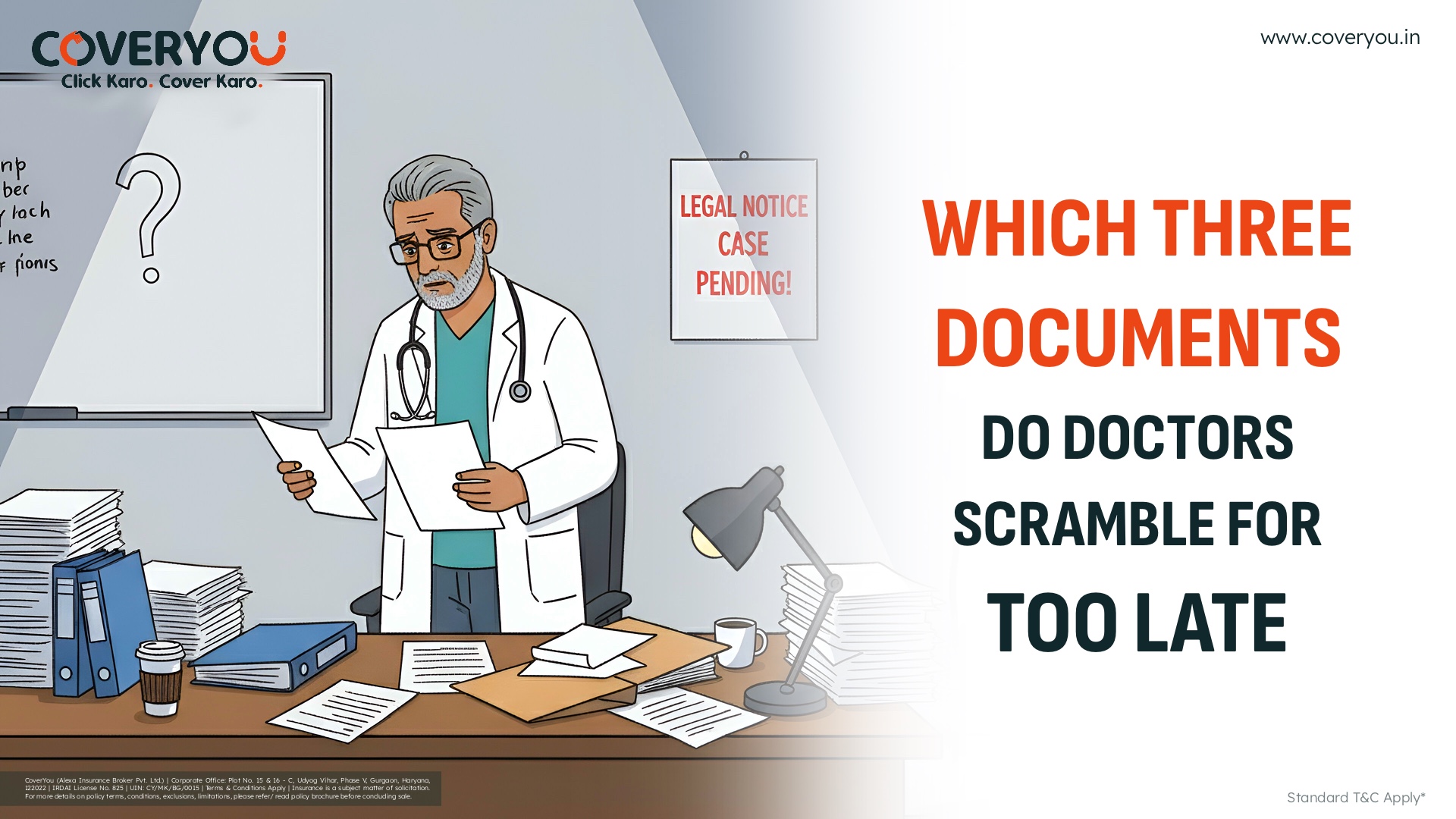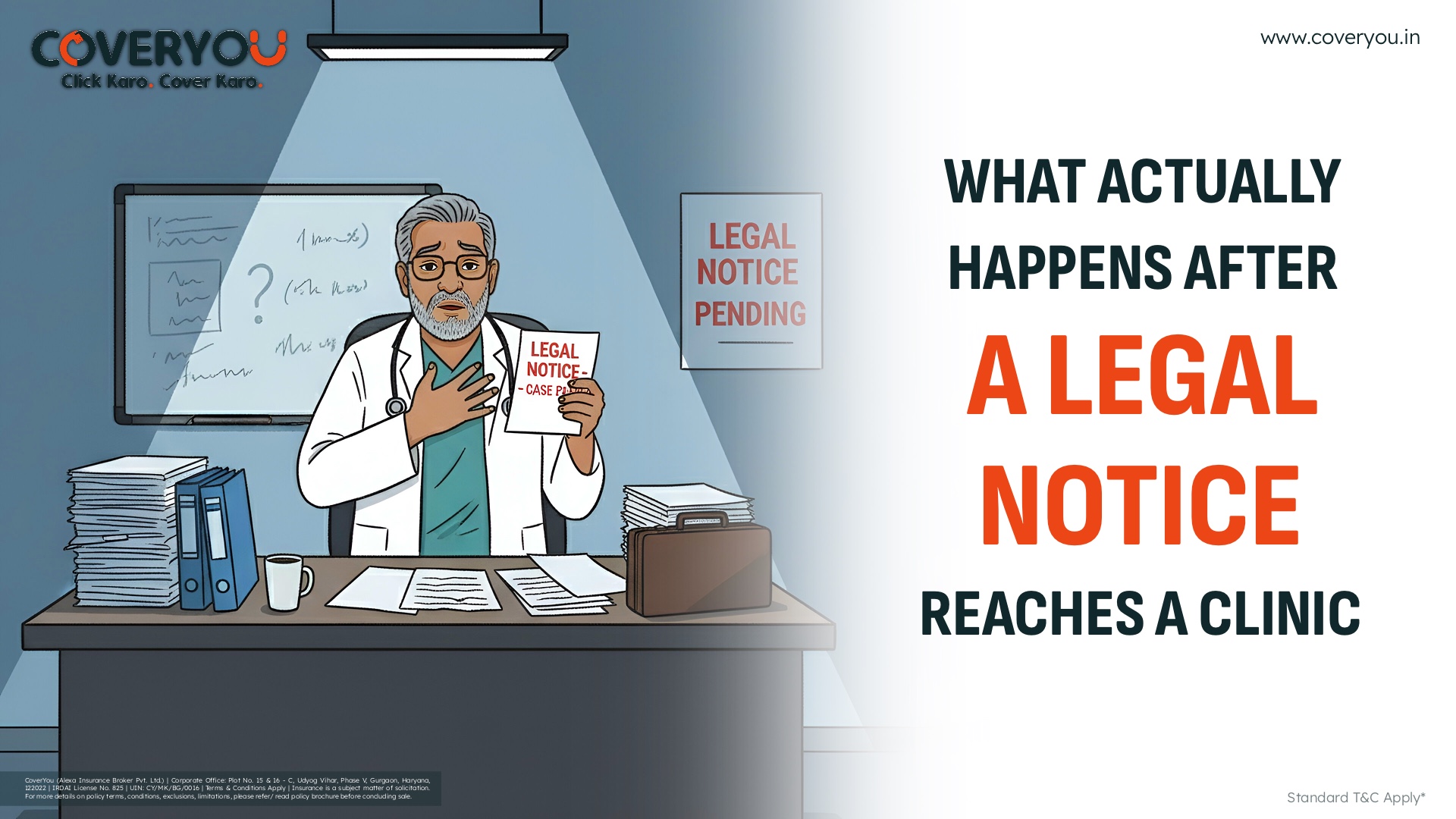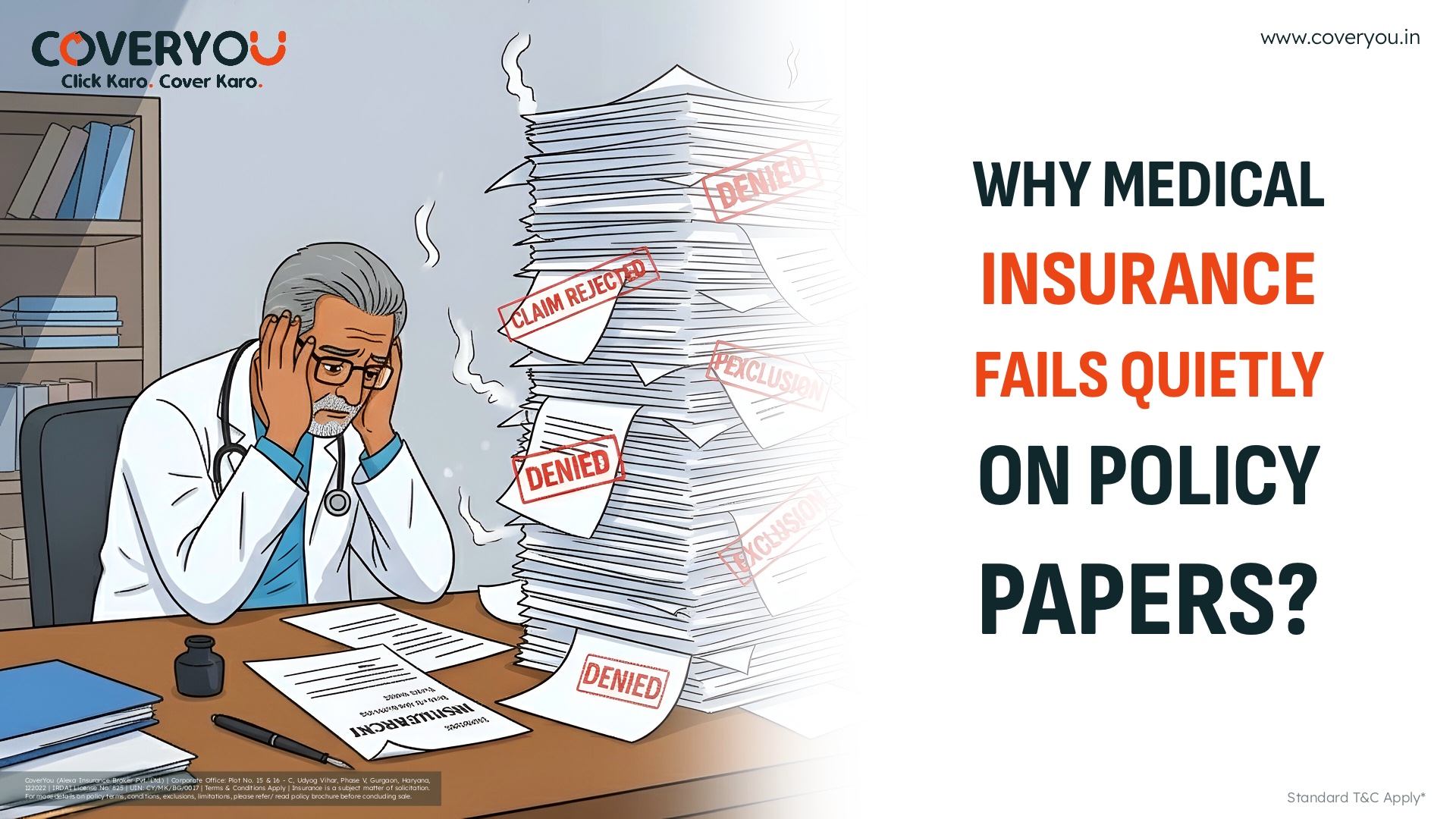Introduction
Insurance is primarily a form of risk management that offers financial protection in the case that a person or business suffers harm or loss. When it comes to a doctor’s insurance, it offers financial security against fraudulent claims that are associated with mishaps or injuries incurred by a patient during a medical procedure or treatment. It can be accessed by both an institution and a single medical professional. It includes legal responsibility, patient compensation claims, medical costs, and associated losses. Physicians, surgeons, and other medical professionals are eligible to obtain indemnity insurance for the medical industry.
A medical professional who specialises in performing surgical operations to modify a person’s appearance is known as a Plastic and Cosmetic Surgeon. They normally undergo eight years of special training, including a minimum of three years in plastic surgery, in both general and cosmetic surgery. Breast enlargement or reduction, body contouring, botox, rhinoplasty, and facial rejuvenation are some of the procedures that Plastic and Cosmetic Surgeons frequently carry out. Certain medical issues like skin cancer, scars, and congenital abnormalities may also be treated by them.
Plastic and Cosmetic Surgeons are advised to acquire indemnity insurance mainly because malpractice claims can be very costly and uncertain, and having insurance can help cover the cost of any settlements or judgments. It is calculated on the basis of mental trauma, stress, and financial damage that has been experienced by the patient. The predicted amount of compensation is enormous since patients typically sustain significant harm and injury as a result of medical errors or failures. Additionally, having insurance can help protect their practice’s reputation by showing potential clients that patient safety and care are taken seriously.
Table of Contents
- Why do Plastic and Cosmetic Surgeon practices need insurance?
- What are the different types of insurance for Plastic and Cosmetic Surgeons?
- What are the inclusions and exclusions of insurance for Plastic and Cosmetic Surgeons?
- Frequently Asked Questions
Why do Plastic and Cosmetic Surgery practices need insurance?
Plastic and Cosmetic Surgeons perform surgical operations to modify a person’s look which plays a very important role in the patient’s life. There are chances that a patient feels unsatisfied with the results or feels like his or her demands have not been met. This is so because the procedure completely depends on the basic body build of the patient.
Thus, having insurance for such a profession is very important.
- It provides financial protection in the case of a malpractice claim, which can be very costly.
- Having insurance can help cover the cost of any compensatory damages.
- It can aid to protect the practice’s reputation by showing potential clients that patient safety and care are considered seriously.
- Finally, having insurance will also protect the practice’s assets if it is destroyed by a natural disaster or any such event that could cause significant financial losses.
What are the different types of insurance for Plastic and Cosmetic Surgeons?
The different types of insurance for Plastic and Cosmetic Surgeons include:
- Malpractice Insurance: It provides financial protection in case of a malpractice claim.
- Professional Liability Insurance: It provides coverage for any claims that may arise from the use of products or treatments provided by the practice.
- Product Liability Insurance: It provides coverage in the case of a product defect or malfunction.
- Business Interruption Insurance: It provides financial protection in case of a natural disaster or another such event that could cause significant financial losses.
What are the inclusions and exclusions of insurance for Plastic and Cosmetic Surgeons?
The inclusions and exclusions of insurance for Plastic and Cosmetic Surgeons vary depending on the type of policy. Generally, the policy includes coverage for malpractice claims, patient injury, property damage, and theft. It may also include covering professional and product liability, as well as business interruption. Common exclusions include intentional acts, pre-existing conditions, and cosmetic surgery performed outside of the scope of practice. Thus, all the details regarding the policy must be studied carefully.
Frequently Asked Questions
Q1. What types of risks do a Plastic and Cosmetic Surgeon practice face that requires insurance?
Ans Plastic and Cosmetic Surgeons face several risks that require insurance coverage. These risks include:
- Malpractice claims
- Patient injury
- Property damage and theft.
- Claims that may arise from the use of products or treatments provided by the practice.
- Business disruptions, such as power outages or natural disasters.
Q.2 How does having insurance protect a Plastic and Cosmetic Surgeon’s practice and its patients?
Ans. Having insurance for a Plastic and Cosmetic Surgeon’s practice protects both the practice and its patients in the following ways:
- It provides financial safety in case of a malpractice claim.
- It shows potential clients that the practice takes patient safety and care seriously.
- It can protect the surgeon’s assets in the event of a natural disaster or related unexpected events that could cause significant financial losses.
Q.3 What kind of legal liability can arise from procedures performed by a Plastic and Cosmetic Surgeon?
Ans. Legal liability that can arise from procedures performed by a Plastic and Cosmetic Surgeon includes the following:
- If the patient is injured or experiences an adverse reaction to any procedure, they may be able to file a malpractice lawsuit against the doctor.
- The patient may sue for negligence if the doctor failed to obtain informed consent before performing a procedure or to follow accepted standards of care.
- The patient may sue for breach of contract if the doctor fails to fulfil their obligations under the terms of the contract.
Q.4 Can a Plastic and Cosmetic Surgeon’s practice be held financially responsible for complications or dissatisfaction with results?
Ans. Yes, a plastic and cosmetic surgery practice can be held financially responsible for complications or dissatisfaction with results. If the patient is injured or experiences an adverse reaction to a procedure, they may be able to file a malpractice lawsuit against the doctor.
Q.5 How can insurance coverage benefit a Plastic and Cosmetic Surgeon practice’s reputation and financial stability?
Ans. Having insurance coverage for a Plastic and Cosmetic Surgeon practice can benefit the practice’s reputation and financial stability in the following ways:
- It can depict to potential clients that the practice takes patient safety and care seriously.
- It can provide financial protection in the case of a malpractice claim.
- It protects the practice’s assets in case of a natural disaster or related event that could cause significant financial losses.

















